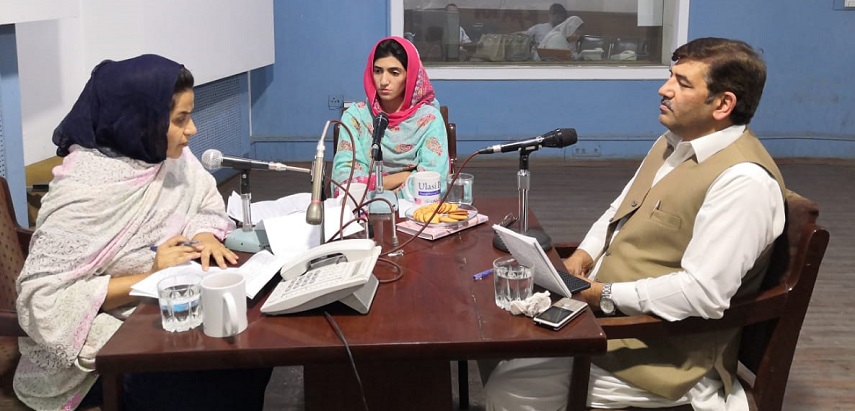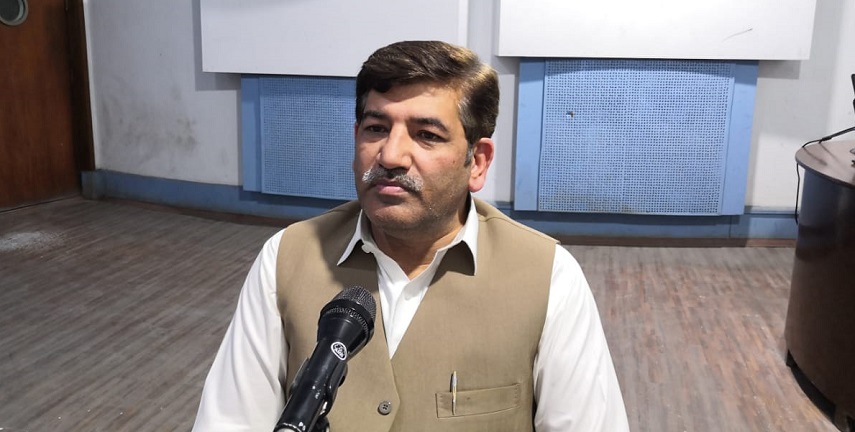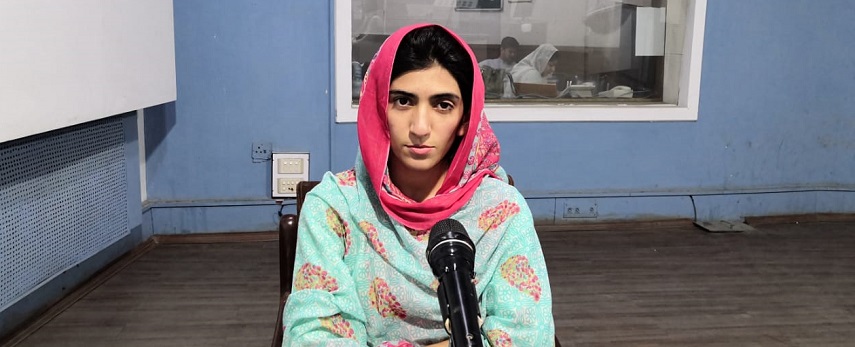The 91st radio program as part of the Center for Research and Security Studies’ (CRSS) counter-radicalization initiative Ulasi Taroon (Social Cohesion) was aired on October 25, 2019, on the topic of “Dialogue Must for Conflict Resolution”.
The first guest on show, Mr. Shakeel Waheed Ullah, a senior journalist based in Peshawar, noted that the diversity is natural to human society, so as the phenomenon of conflict. Conflicts are bound to arise whenever there is a difference of opinion and interests. However, exhibiting tolerance and through understanding of and respect for these differences, these conflicts can be managed at the very initial stage. It is extremely important to nib its occurrence at the onset as ignoring them at this stage can lead to armed and violent conflicts uphill to control later.
History is testament to the fact that the ultimate solution to conflict is dialogue. Every society has some indigenous conflict resolution mechanisms for personal or communal conflicts. These local provisions must be leveraged for social peace, harmony and order. Pashtun society also has a tradition of Jirga – a local conflict resolution mechanism through dialogue – which though needs reinvigoration and reformation.
Youth must also be equipped with the intellectual tools key to dialogue and peaceful conflict resolution and CRSS is cultivating the future leaders in the same skills through its youth development initiative of Ulasi Taroon, he concluded.
The second guest on show Ms. Sarah Anam, a psychologist, noted that women have a rich peacebuilding potential and their mediation skills can prove to be quite instrumental for conflict resolution. Thus, their role should not be suppressed and they must to be given opportunities for participation in development process. Mediation is always a long term process which is the basic principle of dialogue in any type of conflict.
She added that open-mindedness is an essential mediation requirement where the mediator must be impartial, cognizant of the sensitivities, and listen to both the parties to the conflict. Delaying conflict resolution can not only be catastrophic but also lead to the violation of human rights. Democratic states believe in resolving conflicts and peaceful coexistence through dialogue, respect, understanding, tolerance and rule of law. The role of youth is also important in this regard.
About Ulasi Taroon
Ulasi Taroon is a counter radicalization initiative of Center for Research and Security Studies that aims to address the radicalization challenges, extremist ideologies and foster social cohesion through a discourse anchored in the core constitutional values which are fundamentally essential prerequisites for social peace and harmony. The endeavor aims to cultivate and sensitize the people of KP in the core values in the Pakistani constitution and our social contract. It’s an attempt to highlight the criticality of abiding by these ideals – such as adherence to rule of law, primacy and sanctity of constitution, equal citizenry, responsible citizenship, respect for fundamental human rights, tolerance for diversity and different opinions, inclusive democracy and good governance – as a measure of fostering social cohesion and peaceful co-existence.



